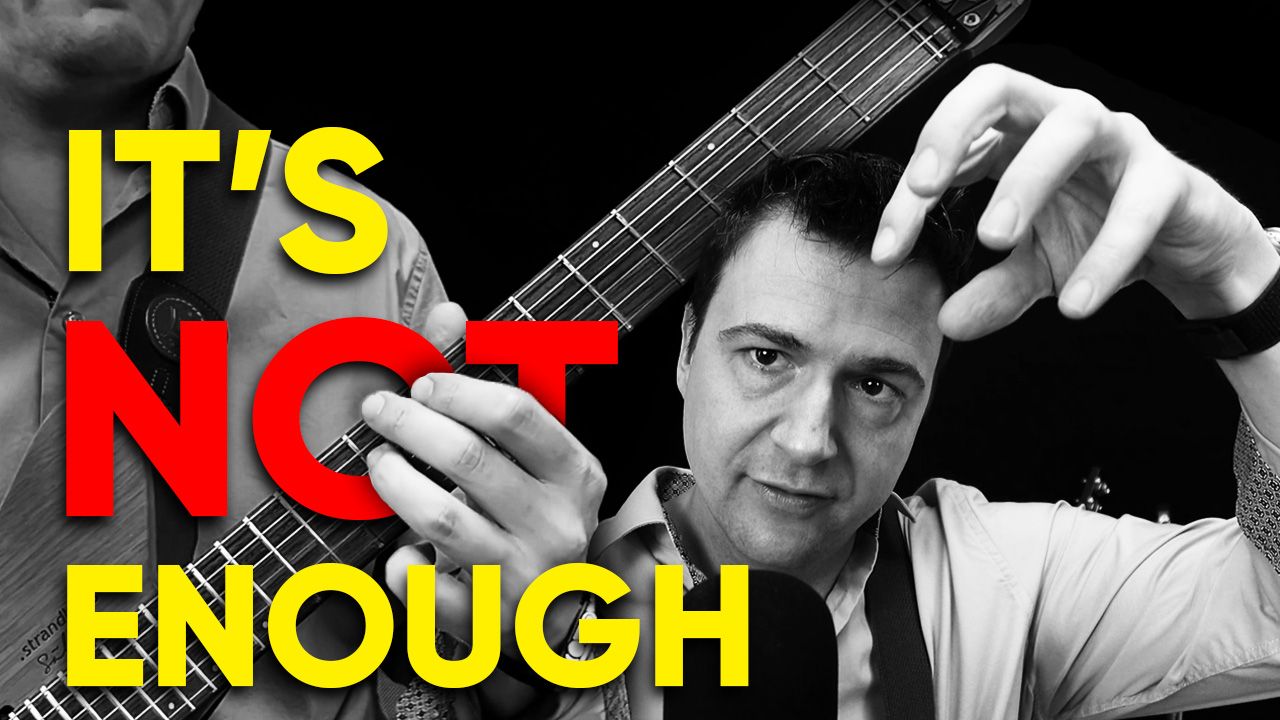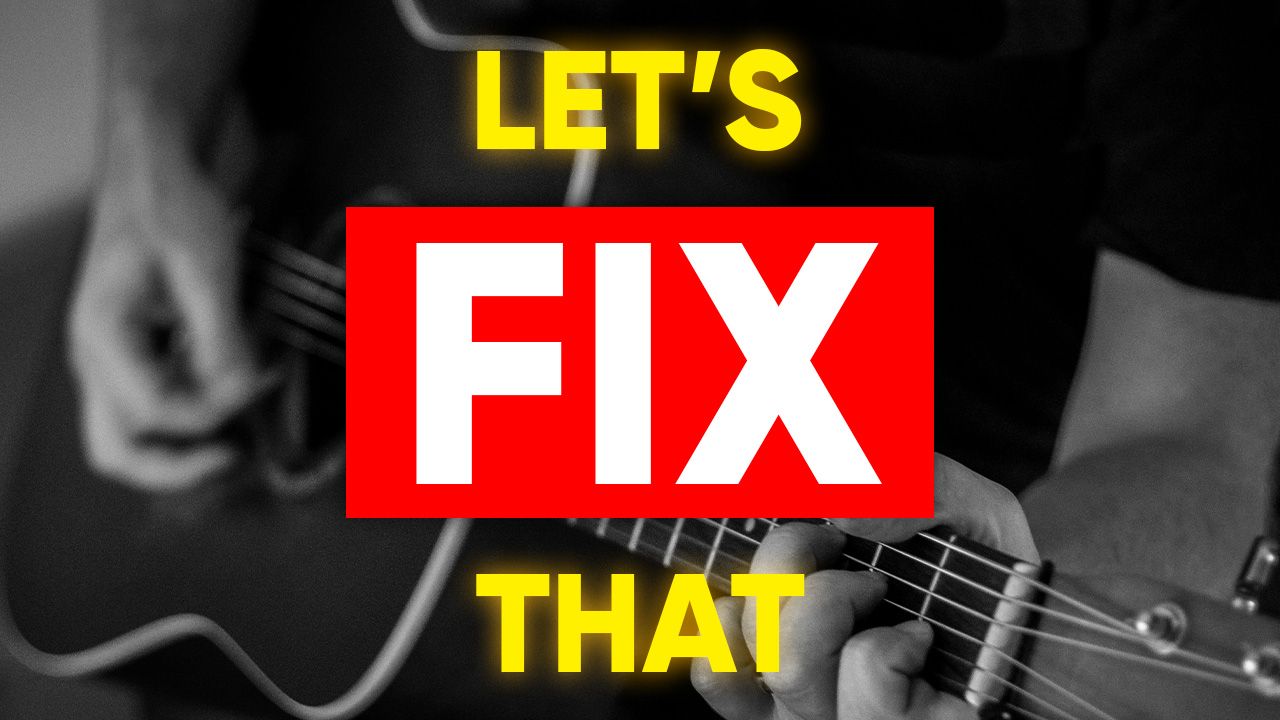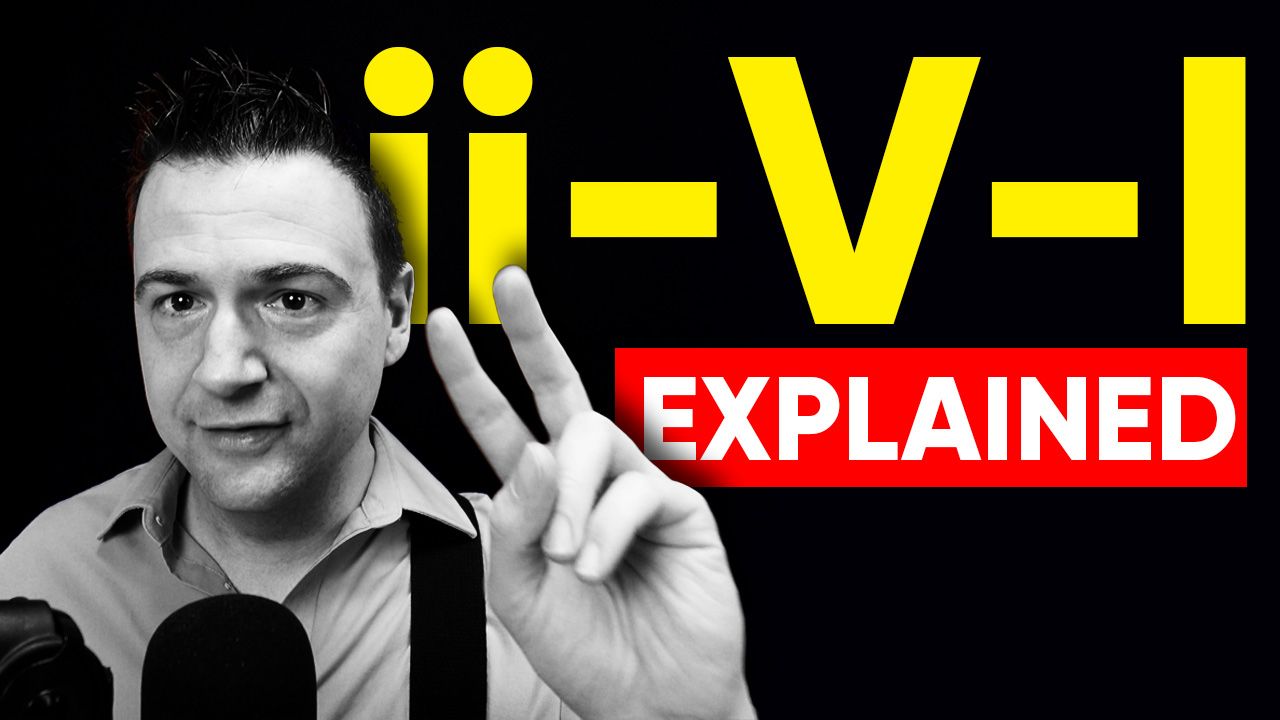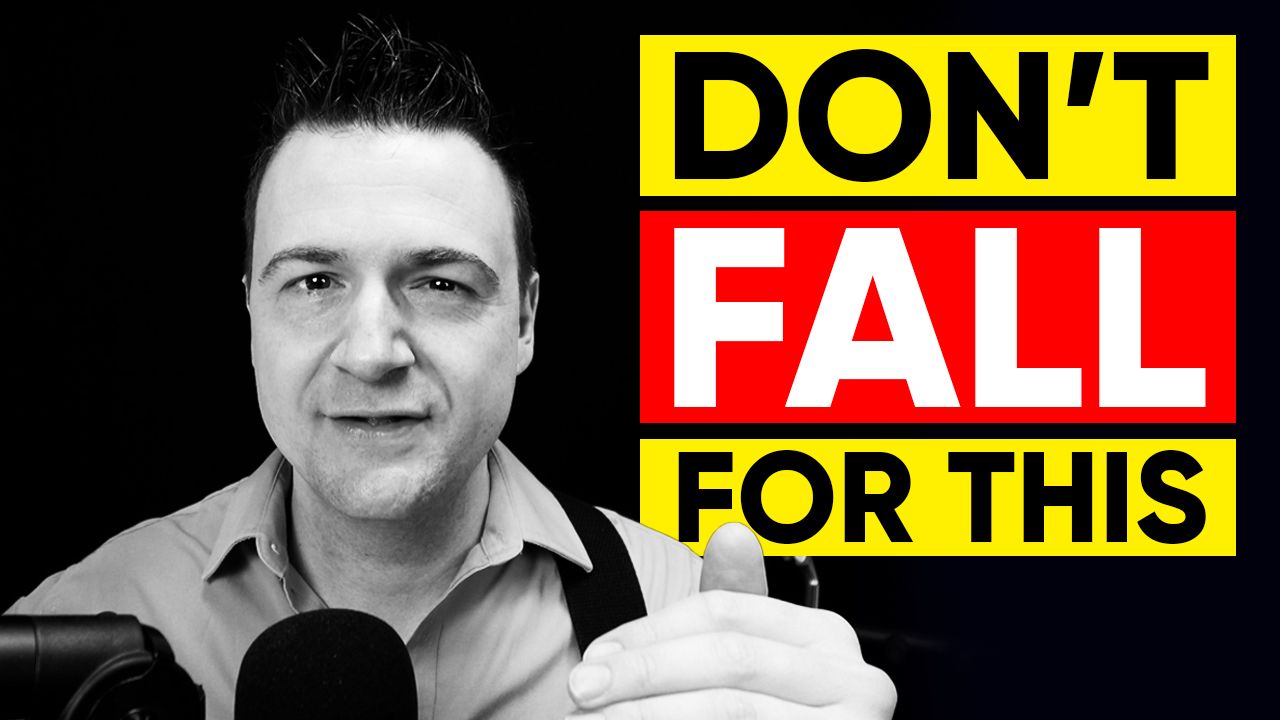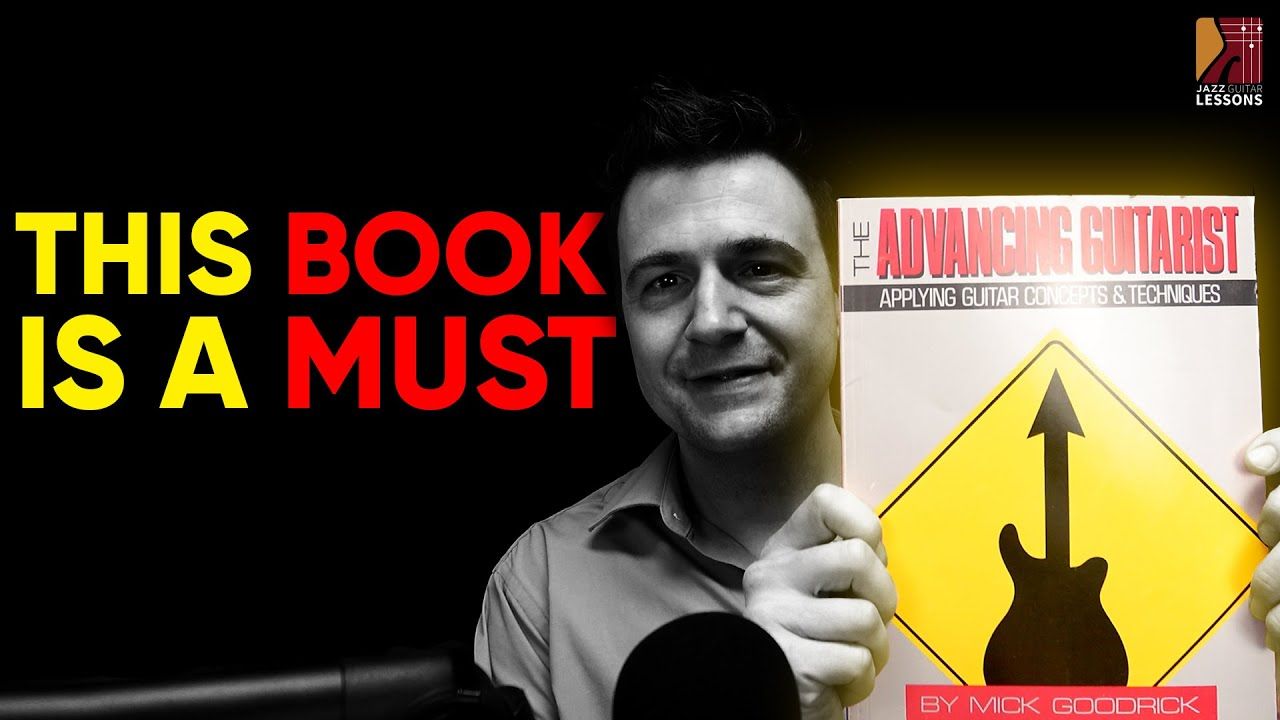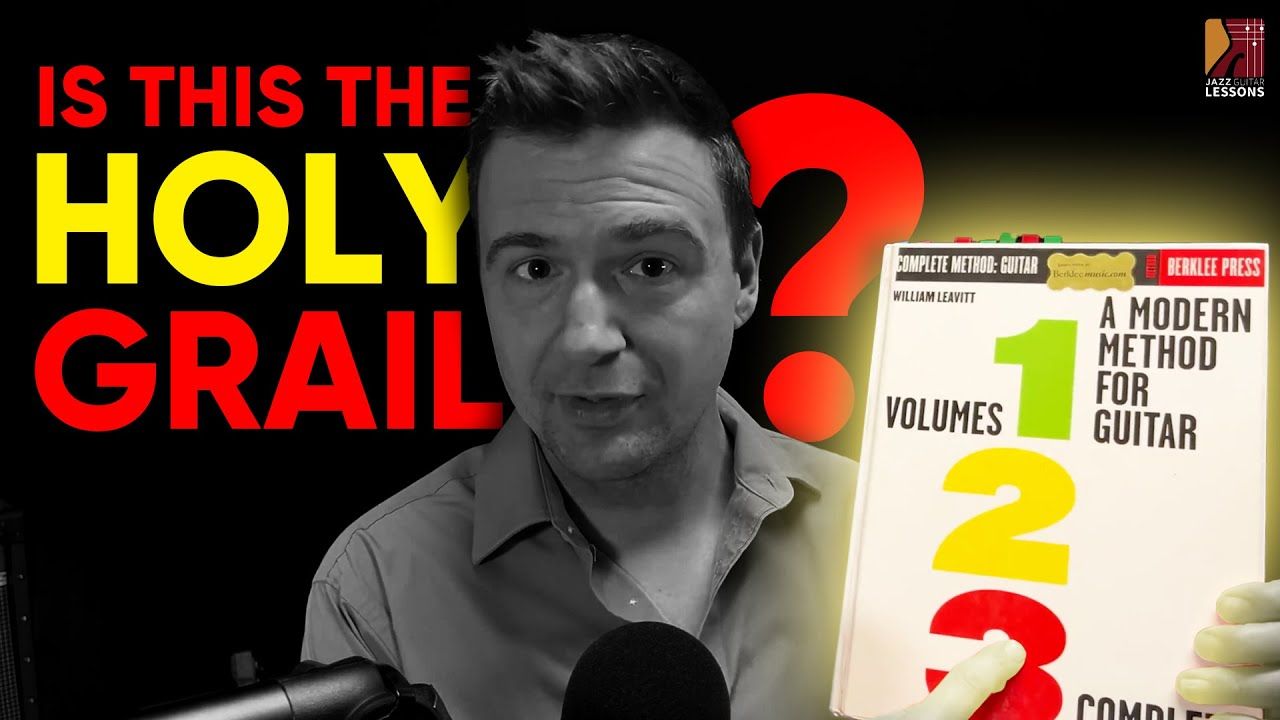
The Science of Blues & Jazz: Why It Just Works!
Feb 13, 2025Hey there, jazz guitar friends! Have you ever wondered why the blues feels so natural? Or why dominant 7th chords show up everywhere in jazz? Well, it turns out, it’s not just theory—it’s science! 🤯
Today, we’re diving into harmonics, overtones, and why the blues is built into the very fabric of music. Don’t worry—I’ll keep it simple (and fun)!
🎵 The Magic of Harmonics & Overtones
Okay, let’s talk about something every guitarist has done at least once—playing harmonics! You know, when you lightly touch a string at the 12th fret and get that cool, bell-like tone? That’s not just a fancy trick. It’s a scientific phenomenon called the harmonic series.
When a string vibrates, it’s not just making one note. It’s actually producing a whole series of overtones—extra notes that give every instrument its unique sound. And guess what? Those overtones naturally form a dominant 7th chord! 🤯
Yep, when you break it all down, a dominant 7th chord is built into the physics of sound. That’s why the blues and dominant chords sound so fundamental—they literally come from the way strings vibrate!
🎶 Why Some Chords Sound "Muddy"
Ever played a jazz chord low on the fretboard and thought, “Hmm… why does this sound like a mushy mess?” That’s because of something called frequency subtraction.
When you play low, complex chords, the overtones get so close together that your ear has trouble telling them apart. Boom—instant mud. 🏗️
The fix? Play bigger intervals down low and save your fancy jazz voicings for the higher frets. That way, your chords will sound clear, balanced, and beautiful. 🎵
😢 Why Minor Chords Feel "Sad"
Okay, here’s a fun one—why do minor chords sound sad? Is it because we just decided they were sad? Nope! It’s because our ears naturally try to find a root note when we hear a chord.
With a major chord, the overtones clearly point to one root. Everything feels stable and happy. But with a minor chord, the frequencies clash a little, making the root feel less certain. That little bit of tension is what gives minor chords their wistful, emotional sound.
And diminished chords? Pure chaos! They’re so unstable that your ear isn’t even sure what note is the root! That’s why they create tension that needs to resolve somewhere. 🎶
🎛️ The Secret to Great Tone
Here’s the big takeaway—tone is all about overtones. Every note you play isn’t just one sound; it’s a mix of tiny frequencies stacked on top of each other.
That’s why some amps, strings, and pickups sound “warmer” or “brighter.” They emphasize different parts of the harmonic series!
So if you’re chasing the perfect jazz tone, you’re really just shaping how many overtones you want to hear. Pretty cool, right? 🎸
Final Thoughts: The Blues is Built Into Music
The more we look at music through a scientific lens, the more we realize that the blues and jazz aren’t just styles—they’re part of nature. Dominant 7th chords? Built into the harmonic series. The blue note? Just another overtone! The sound we love in jazz literally comes from physics. 🤯
So next time you’re playing the blues, remember—you’re not just jamming. You’re playing with the laws of the universe.


